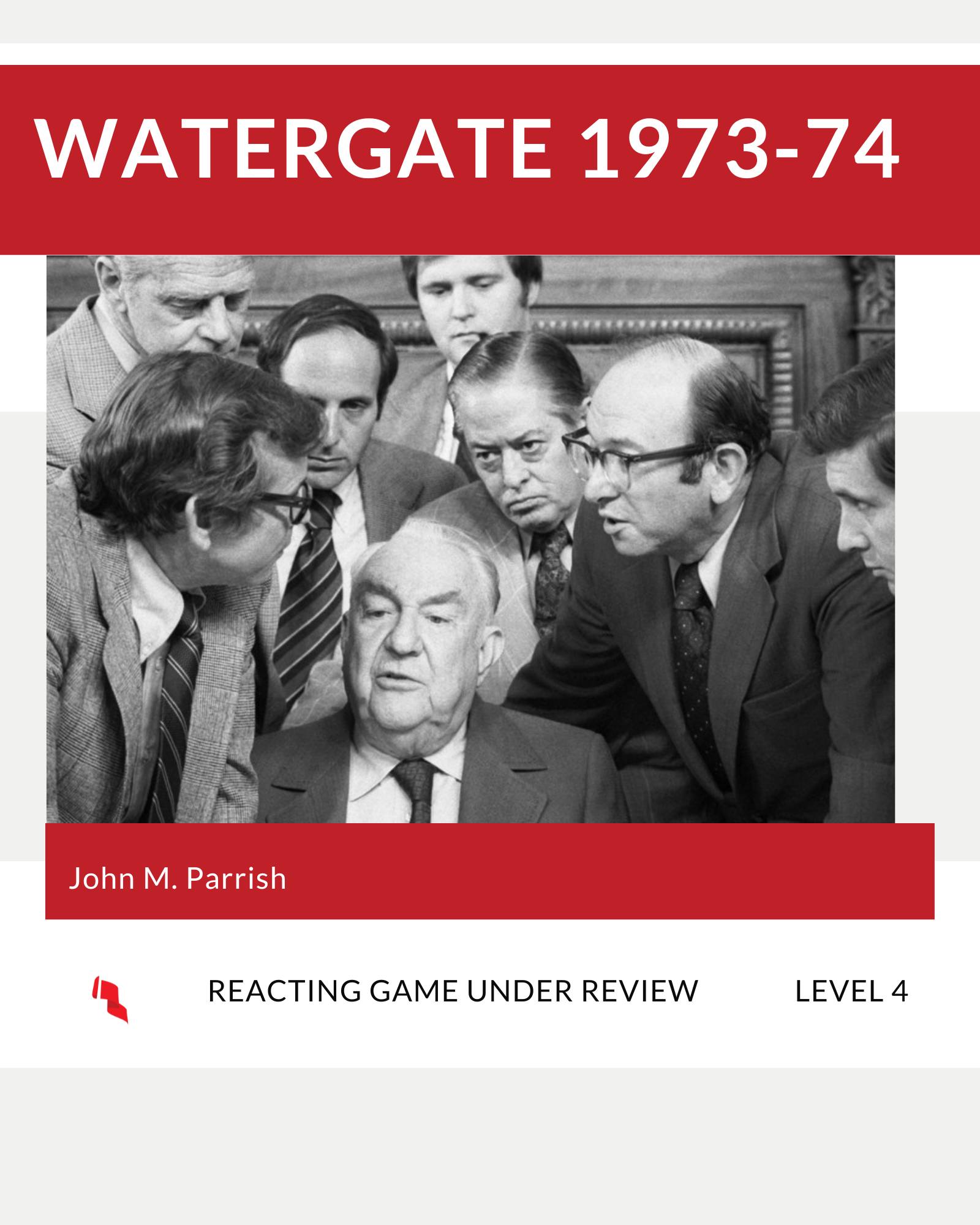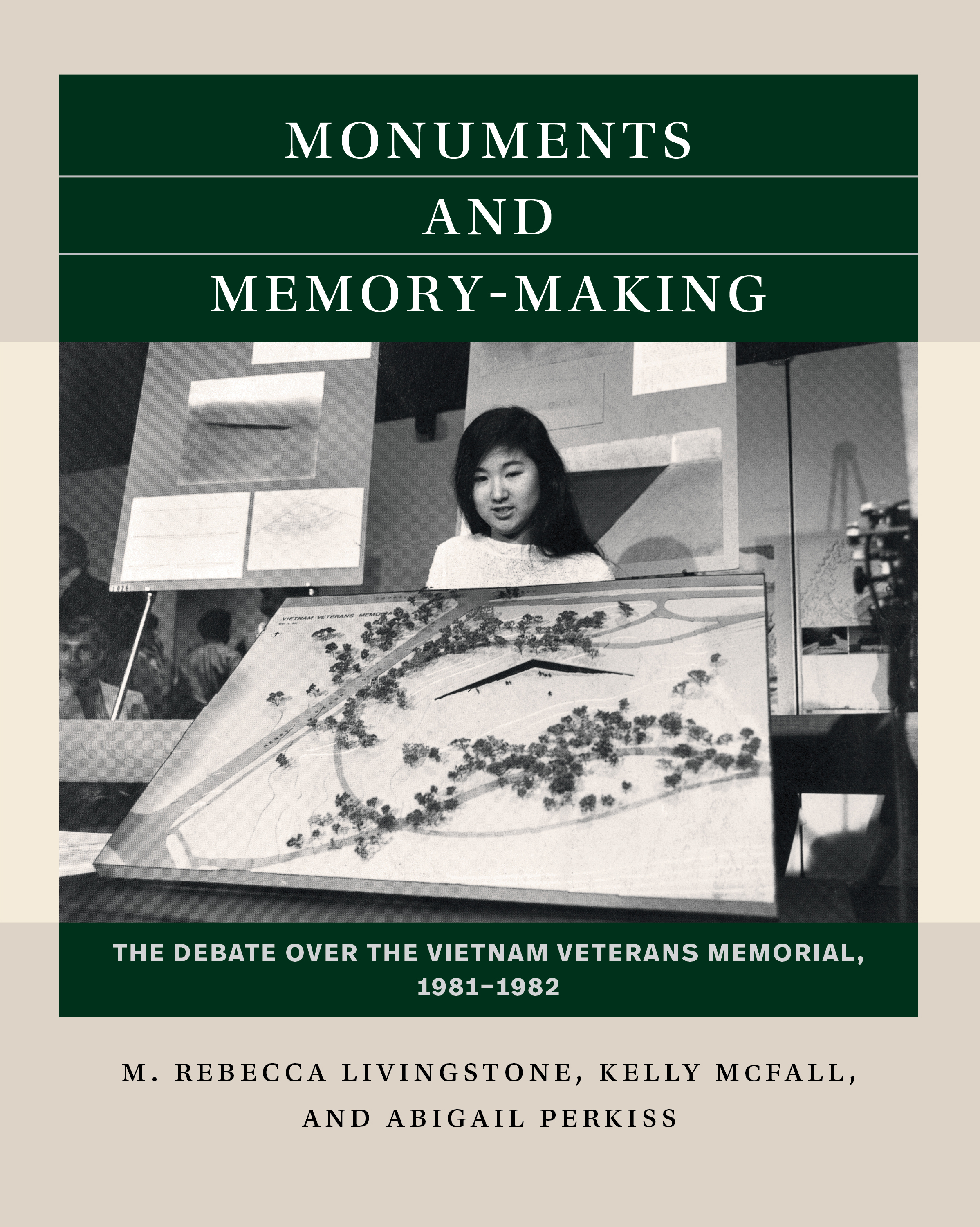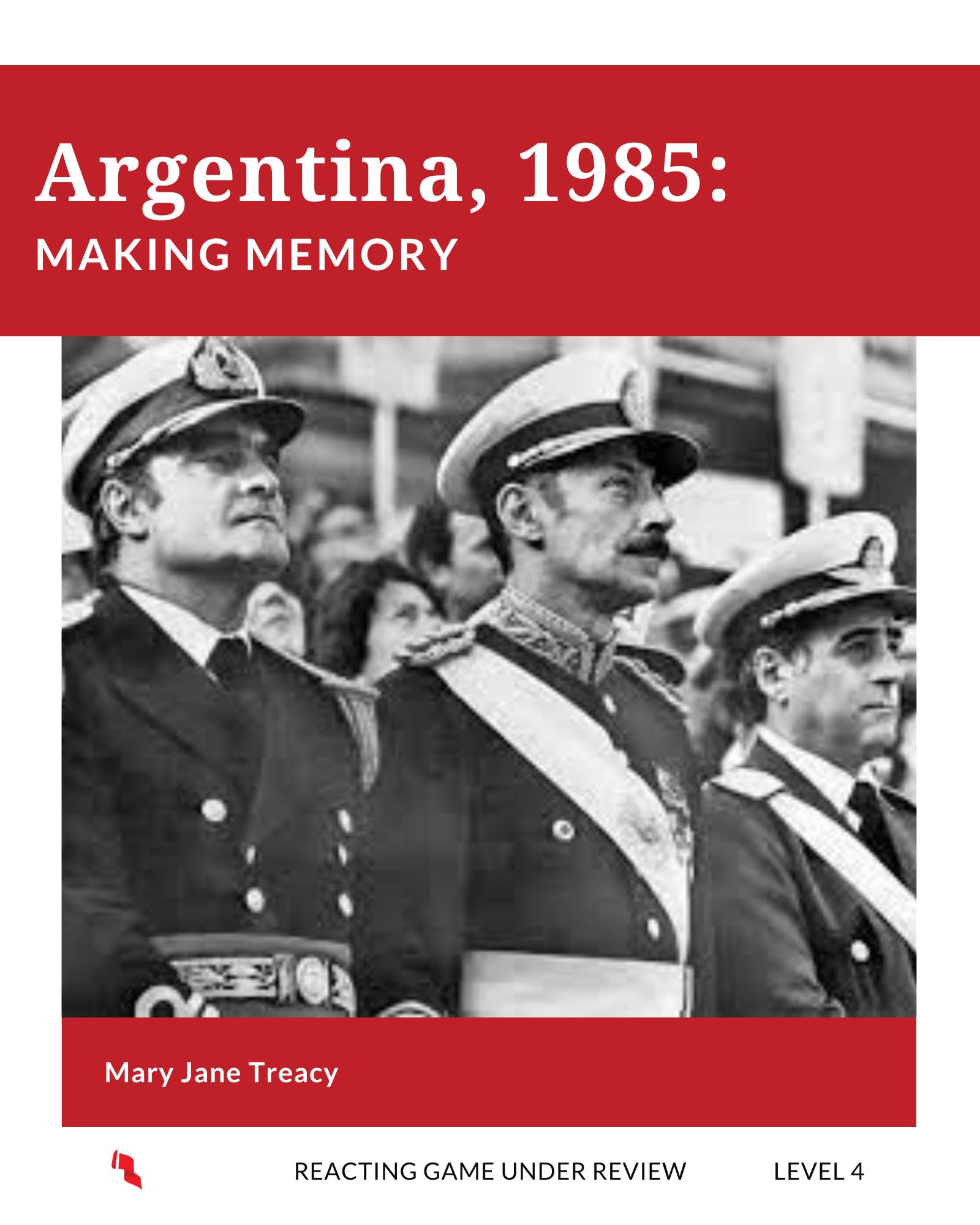 |
Play this game recently? | Giving Peace a Chance in Northern Ireland In June 1996, after 30 years of bloody conflict, the British government convenes Multi-Party Talks ito try to establish a new relationship within Norther Ireland. The talks invited all Unionist and Nationalists parties who had committed to “peaceful and democratic means” to define the constitutional position of Northern Ireland and to find new arrangements on the key relationships – within Northern Ireland, within the whole of the island of Ireland, and between the British and Irish government. Underneath these issues were fundamental questions on national identity and democracy. Those talks bogged down in procedure and frustration, failing to produce any substantive progress. But then, in May 1997, the election of Tony Blair with a clear Labour Party majority, in the British Parliament provides the opportunity to re-energize the talks. Players will represent the major parties in Northern Ireland as they reconvene at the Multi-Party talks in 1997 to confront what to do about the issue of decommissioning and to try to make progress on discussion of the three Strands. Much is at stake for another failure could lead to a full resumption of the civil war. |
Details
|
Notable Roles |
|
Using the Game
Class Size and Scalability Class Time
This game can be used on its own, or with other games. These pairings are meant to be illustrative rather than exhaustive or prescriptive. Ending the Troubles may pair well with:
|
 GAME MATERIALS
GAME MATERIALS
Reacting Consortium members can access all downloadable materials (including expanded and updated materials) below. You will be asked to sign in before downloading. Basic game materials (Gamebook, Role Sheets, Instructor's Guide, and Handouts) are available to any instructor through the publisher.
Gamebook Students need a Gamebook, which includes directions, resources, and historical content. Ending the Troubles is available to download. PAPERBACK ISBN: 978-1-4696-8336-2
| Role Sheets Students also need a Role Sheet, which contains biographical information, role-specific resources or assignments, and their character's secret victory objectives. .zip file of .pdf files. | Instructor's Manual The Instructor's Manual includes guidance for assigning roles, presenting historical context, assignments, activities and discussion topics, and more. .pdf file. .zip file of .pdf files. |
John M. Burney
John M. Burney, earned a Ph.D. in Modern European History at the University of Kansas and taught as a Professor of History at Loras College, Drake University, while also serving in administrative roles including Vice President for Academic Affairs. He has published on the history of the French Revolution and French Educational history and taught courses on 20th Century Ireland. Burney has provided numerous sessions and workshops on curriculum revision, active learning, first year seminars, and assessment as well as teaching using Reacting at meetings of such groups as the Association for American Colleges and Universities, the Higher Learning Commission, Council of Independent Colleges, the International Conference on teaching and Learning, and the Conference on the First Year experience. He has been involved with Reacting since 2001, including serving as Chair of the Reacting Consortium Board until 2016. He then served as director of the Reacting Endeavor Challenge Grant program from 2017-2020, working with 20 institutions to expand the use of role-playing pedagogies in their programs. |
Andrew J. Auge
Andrew J. Auge is a Professor of English and Director of the Irish Studies minor at Loras College in Dubuque, Iowa. He has taught courses on Irish literature and culture for twenty-five years and has published extensively on modern Irish poetry, including two books, A Chastened Communion: Modern Irish Poetry and Catholicism (Syracuse University Press, 2013) and Contemporary Irish Poetry and the Climate Crisis (Routledge, 2021). His teaching experience with Reacting to the Past games is long-standing, beginning with the first cohort to introduce this pedagogy at Loras twenty years ago. |
Members can contact game authors directly if they have questions about using the game. We also invite instructors join our Facebook Faculty Lounge, where you'll find a wonderful community eager to help and answer questions.
|
|
|






